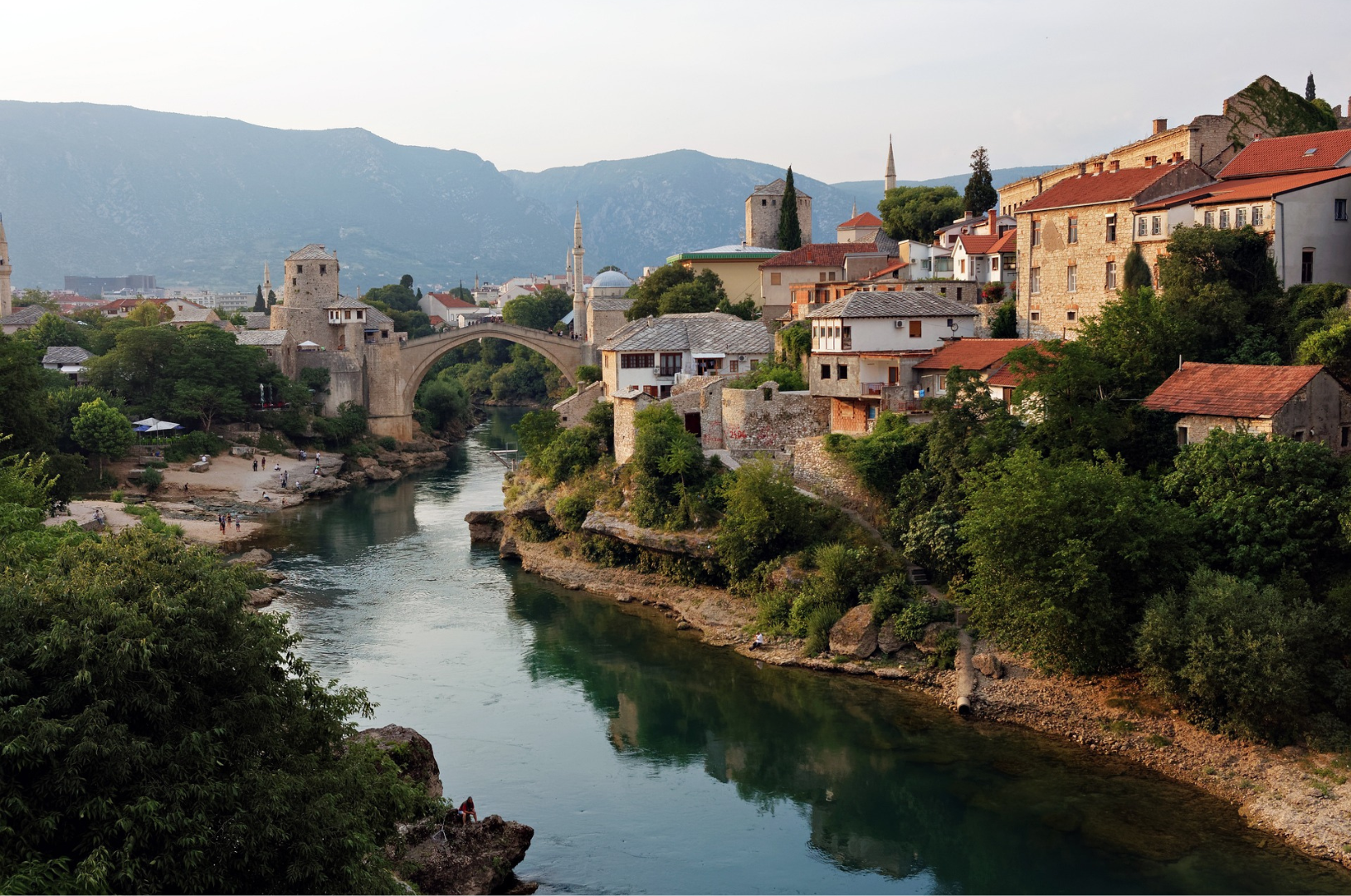VIENNA — Bearing in mind the potential of culture for emancipation, reconciliation and integration, Bosnia and Herzegovina needs to create a cultural policy that would reflect the multiculturalism it has been known for, and include all relevant actors in society in its creation and implementation, as recommended by the Policy Brief “Cultural Policy in Bosnia and Herzegovina: Recognising Culture as an Integration Tool” published within the “WB2EU” network.
The author of the Policy Brief, Sarina Bakić, explained that the history of Bosnia and Herzegovina is the one of “diversity, merging and openness” thanks to the presence of various groups such as Muslims, Orthodox, Catholics, Jews and Roma, who “shared their traditions and values among each other.” However, after the Dayton Agreement which ended the war in BiH, culture has lost its role of the connective tissue among various ethnic groups due to the institutional framework disregarding the importance of a common cultural policy, and has been contained at the ethnic and political lines ever since.
“Neither the new/old rulers nor the opposition have yet recognised the emancipation value of culture as a symbolic investment that creates values and essence of society together with its resistance to ideological, political or any other instrumentalisation and manipulation. The role of culture to foster dialogue among different cultural identities and reconciliation within the entire country is absolutely not acknowledged and not valued at all,” as Policy Brief warns.
In the absence of a cultural policy on the level of Bosnia and Herzegovina, culture and cultural institutions have been neglected or misused “as a ‘keeper’ and exclusive promoter of national identities and politics.” In the Republic of Srpska, the Ministry for Education and Culture is in charge for cultural activities, while in the Federation of Bosnia and Herzegovina the Ministry for Culture and Sport supports the cantons in their implementation of a cultural policy in a more decentralized manner. That leaves the main cultural institutions relevant for the whole BiH, such as the National Museum of Bosnia and Herzegovina or the National Library in an unfavorable position and without the support of state political actors, “because doing so would imply acknowledging the existence of a common cultural and historical heritage, integration aspects of culture but the current state as well.”
The need for a sustainable cultural policy and current challenges
The Policy Brief highlights the importance of culture for the reconciliation process in Bosnia and Herzegovina, as well as its role in emancipation of citizens from the “ethnopolitical establishment.” Another challenge in today’s context is the domination of mass culture and the role of media in “substitution” of cultural activities.
Cultural policy in Bosnia and Herzegovina should be created bearing in mind “a specific scope of universal values while appreciating cultural diversity and the need to maintain pluralism of cultural initiatives in order to promote mutual cooperation and reconciliation, as well as respect and understanding between different individuals and groups.” A good example for this could be the taken from the EU cultural policy, which acknowledges diversity while promoting common values and identity. In that sense, Bakić points out that The European Commission priorities for 2019-2024 could be a relevant “assistance tool” in creating such a policy.
Culture has an immense importance in encouraging active citizenship, fighting discrimination and improving social integration. This is why the Policy Brief recommends “ensuring the full engagement of cultural professionals, civil society, media, youth organisations and scientific community in the realisation of a new cultural policy.”
The role of cultural policy in sustainable development and building of sustainable peace has been challenged by the fact that culture in BiH isn’t connected to policies such as economic or educational. This is identified as another problem and is the reason why Bakić recommends the new cultural policy to be linked education, economic and social policies in order to achieve its full emancipatory and integrative potential. Culture needs a more prominent place in the educational systems and funding for cultural activities should be more open and transparent.
Lastly, the Policy Brief recognizes the role of culture in the unification of society, by “strengthening cultural diversity, intercultural dialogue and citizens’ participation,” which is something the citizens of Bosnia and Herzegovina of all ethnicities need.
“When creating an adequate cultural policy all responsible government structures in Bosnia and Herzegovina should finally understand and accept the fact that culture is economic potential, the greatest integrative factor for the society and the leading genuine indicator of one society’s progress,” it was concluded in the Policy Brief.
The Policy Brief is published in the framework of the WB2EU project. The project aims at the establishment of a network of renowned think-tanks, do-tanks, universities, higher education institutes and policy centres from the Western Balkans, neighbouring countries and EU member states that will be most decisive for the enlargement process and Europeanisation of the region in the upcoming years. The WB2EU project is co-funded by the European Commission under its Erasmus+ Jean Monnet programme.


